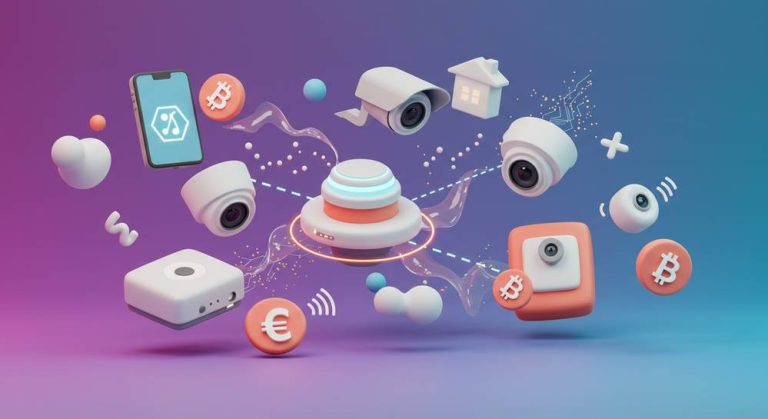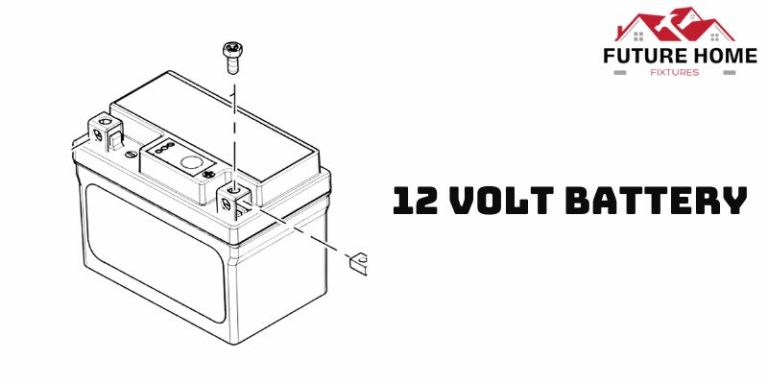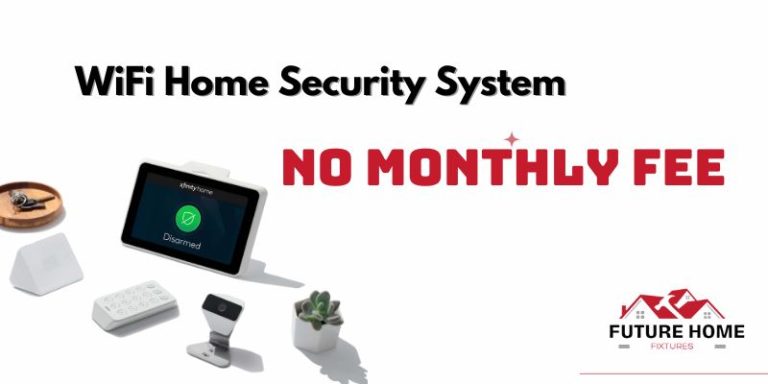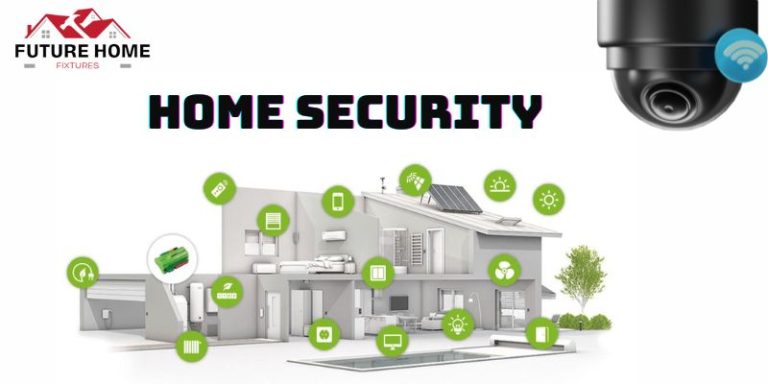This guide delves into the world of home security systems that operate independently of the internet, providing insights into their functionality, benefits, and considerations for choosing the right system for your needs.
Understanding the Home Security Without Internet
The appeal of internet-free security systems stems from a confluence of factors. One major concern is privacy. With an internet-connected system, data about your home activities, including camera footage, could be vulnerable to breaches or unauthorized access. This concern is amplified in light of recent privacy scandals involving major technology companies.
Another critical factor is reliability. Internet outages, whether caused by technical issues, natural disasters, or intentional disruption, can leave homeowners vulnerable. An offline security system provides a fail-safe mechanism, ensuring continuous protection even when internet access is unavailable.
Furthermore, the escalating costs associated with internet connectivity, particularly in rural areas or for those seeking to reduce their monthly expenses, make offline security systems a compelling alternative. These systems offer a cost-effective solution, eliminating the need for ongoing internet subscription fees.
Types of Home Security Systems That Don’t Require Internet
While the concept of offline home security might seem limited, there are a variety of innovative systems available that offer robust protection without relying on the internet. These systems use different technologies and approaches to achieve their objective of keeping your home safe.

Local Recording Security Systems: Keeping Your Footage Secure
Local recording security systems are a popular choice for those prioritizing privacy and reliability. These systems typically involve cameras that capture footage and store it directly on an integrated hard drive or SD card within the system itself. The absence of cloud storage eliminates the risk of data breaches associated with internet-connected systems.
However, local recording systems come with some trade-offs. Retrieving recorded footage requires physical access to the system, making it unsuitable for remote monitoring. Additionally, the storage capacity of on-device storage can be limited, requiring periodic replacement or expansion of the storage media.
DVR Systems: A Traditional Approach to Offline Security
DVR (Digital Video Recorder) systems represent a more traditional approach to offline security. These systems typically consist of multiple cameras connected to a central DVR unit, which records footage onto a hard drive. DVR systems are known for their reliability and affordability, making them a popular choice for home security.
DVR systems offer a degree of flexibility, allowing for customizable recording schedules and motion detection settings. They are also readily available from a wide range of manufacturers, providing a range of price points and features to suit different budgets and needs.
Benefits of Choosing an Internet-Free Security System
Opting for an offline home security system offers a unique set of advantages that resonate with many homeowners. Beyond the inherent privacy and reliability benefits, these systems often present a cost-effective solution.
Here are some key advantages of choosing an internet-free security system:
- Enhanced Privacy: Offline systems eliminate the risk of data breaches associated with cloud storage, ensuring that your home’s footage remains private and secure.
- Unwavering Reliability: Operating independently of the internet, these systems provide continuous protection, even during internet outages or disruptions.
- Cost Savings: Offline systems eliminate the need for ongoing internet subscription fees, offering a cost-effective security solution.
- Simplified Setup and Maintenance: Many offline systems offer simple installation processes, requiring minimal technical expertise.
Choosing the Right Offline Home Security System for Your Needs
Selecting the right offline home security system requires careful consideration of your specific needs and preferences. Several factors play a crucial role in making an informed decision.
- Budget: The cost of offline systems varies based on the number of cameras, features, and brand reputation.
- Features: Consider the features that are most important for your needs, such as motion detection, recording resolution, and storage capacity.
- Ease of Installation: If you’re not tech-savvy, choose a system that is user-friendly and requires minimal installation effort.
- Professional Monitoring: Some offline systems offer the option of professional monitoring through a cellular connection, providing an added layer of security.
The choice between online and offline home security systems ultimately depends on your individual priorities. If privacy, reliability, and cost-effectiveness are paramount, an internet-free system might be the ideal solution for your home. By carefully considering your needs and exploring the different options available, you can find an offline security system that provides peace of mind and safeguards your home against potential threats.
Follow Future Home Fixtures for useful information!













